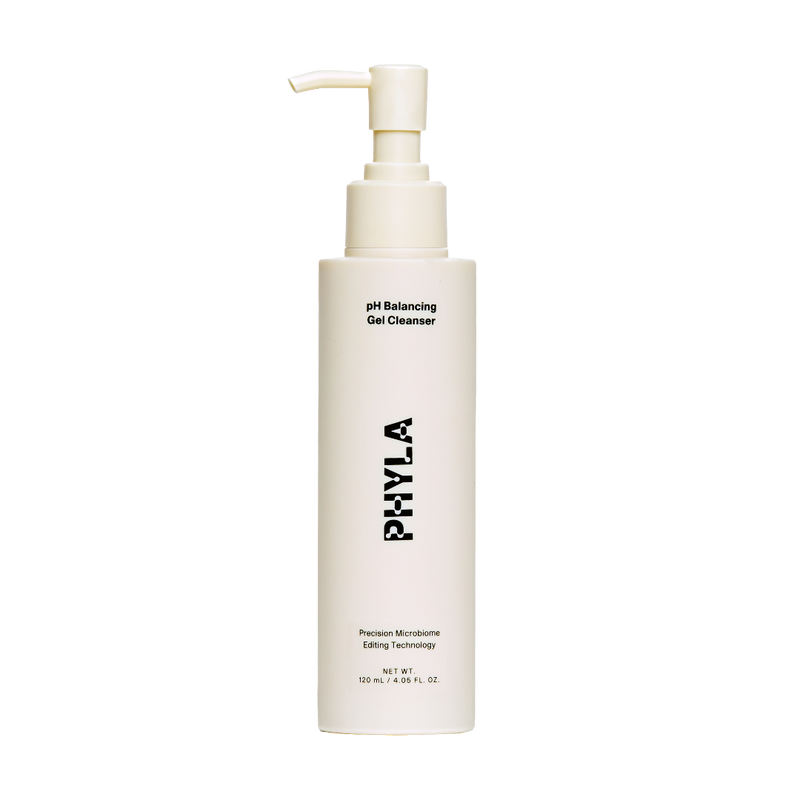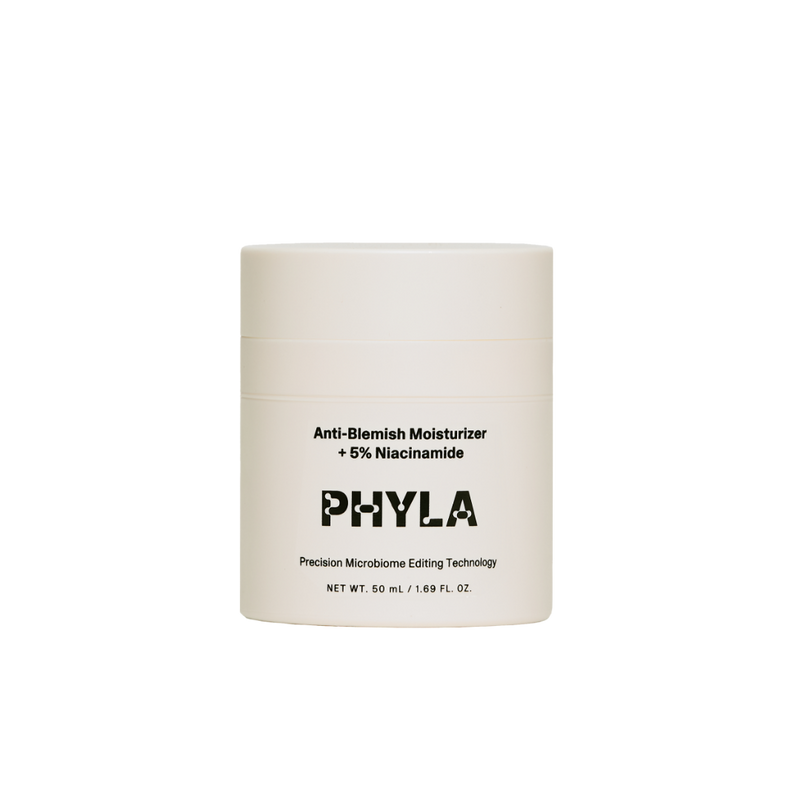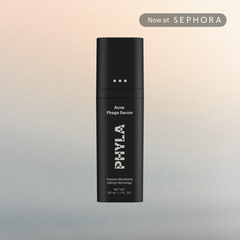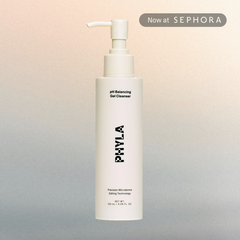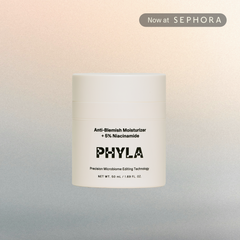The Truth About Fungal Acne and What To Do If You Have It
Normal acne is caused by p acnes that lives on all of our skin but when it overgrows it causes the inflammation in your pore that leads to acne. When you have fungal acne, which is very rare, it is caused by a fungus, not a bacteria. The fungus is usually Malassezia which is the same fungus that causes dandruff. Normally fungal acne should not occur and is super rare because the microbiome of the skin/face should protect you. But when you take something or do something to your skin that damages your microbiome, then it is no longer able to protect you and then this fungus can grow on your skin.

What is fungal acne? Like most people you are probably hearing a lot about this and googling “what is fungal acne?” When reading on the internet it is so confusing! So as any responsible scientist would do, I took a look at NCBI to see what has actually been studied or published on this.
Here’s some knowledge that hopefully will help to simply put your mind at ease.
What is fungal acne, how is it different from regular acne, and how to treat it?
Normal acne is caused by p acnes that lives on all of our skin but when it overgrows it causes the inflammation in your pore that leads to acne. When you have fungal acne, which is very rare, it is caused by a fungus, not a bacteria. The fungus is usually Malassezia which is the same fungus that causes dandruff. Normally fungal acne should not occur and is super rare because the microbiome of the skin/face should protect you. But when you take something or do something to your skin that damages your microbiome, then it is no longer able to protect you and then this fungus can grow on your skin.
How do you tell if you have fungal acne? You will get the bumps on your skin like normal acne but they will be very itchy, so that is the first clue that you might be experiencing fungal acne. Additionally, it will burn to the touch if it is really bad. But don’t depend just on this. We recommend going to a doctor to have it checked out. If a doctor does diagnose you with fungal acne they will likely prescribe an anti-fungal pill which you will take orally or they will prescribe a cream that you would apply to the skin. The good news is that fungal acne should respond very quickly to this type of treatment.
Just remember that fungal acne is super uncommon and is caused by a fungus, not a bacteria. It is quite itchy and if you think you have it go to a doctor to be sure as they can easily treat this with anti-fungal medications.
Thanks for taking the time to read and if you have any questions be sure to send us a note!


